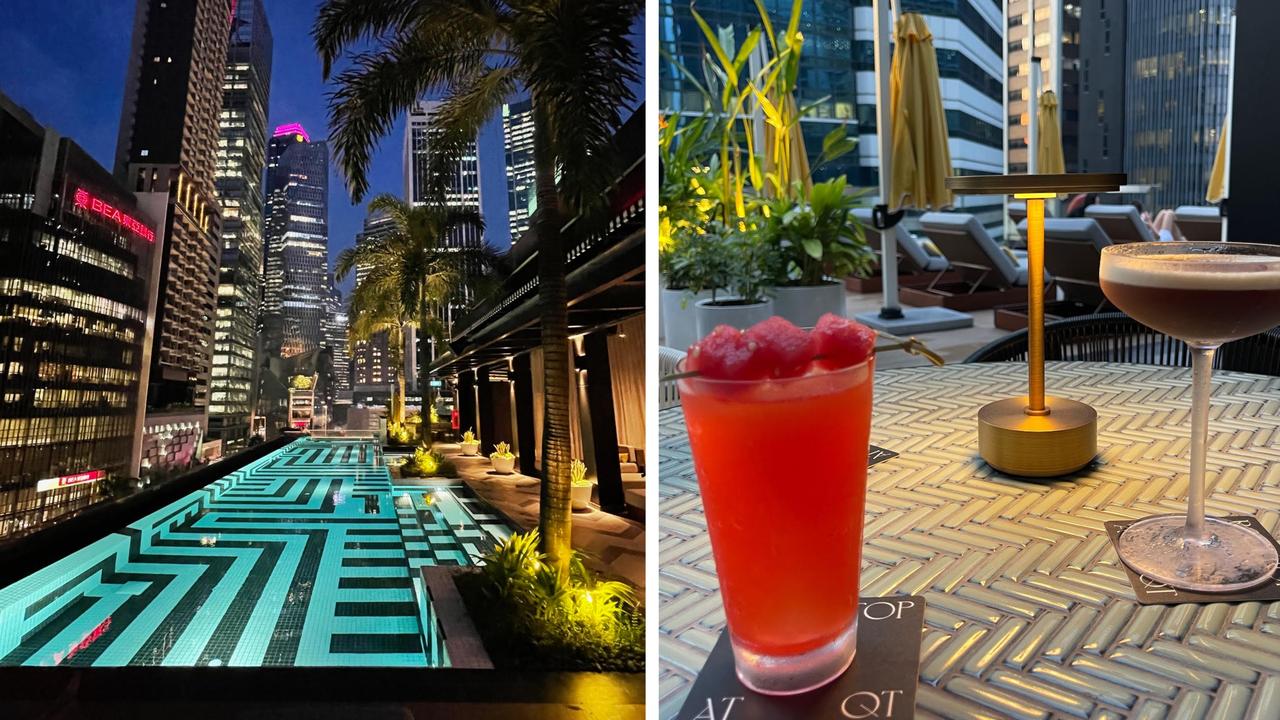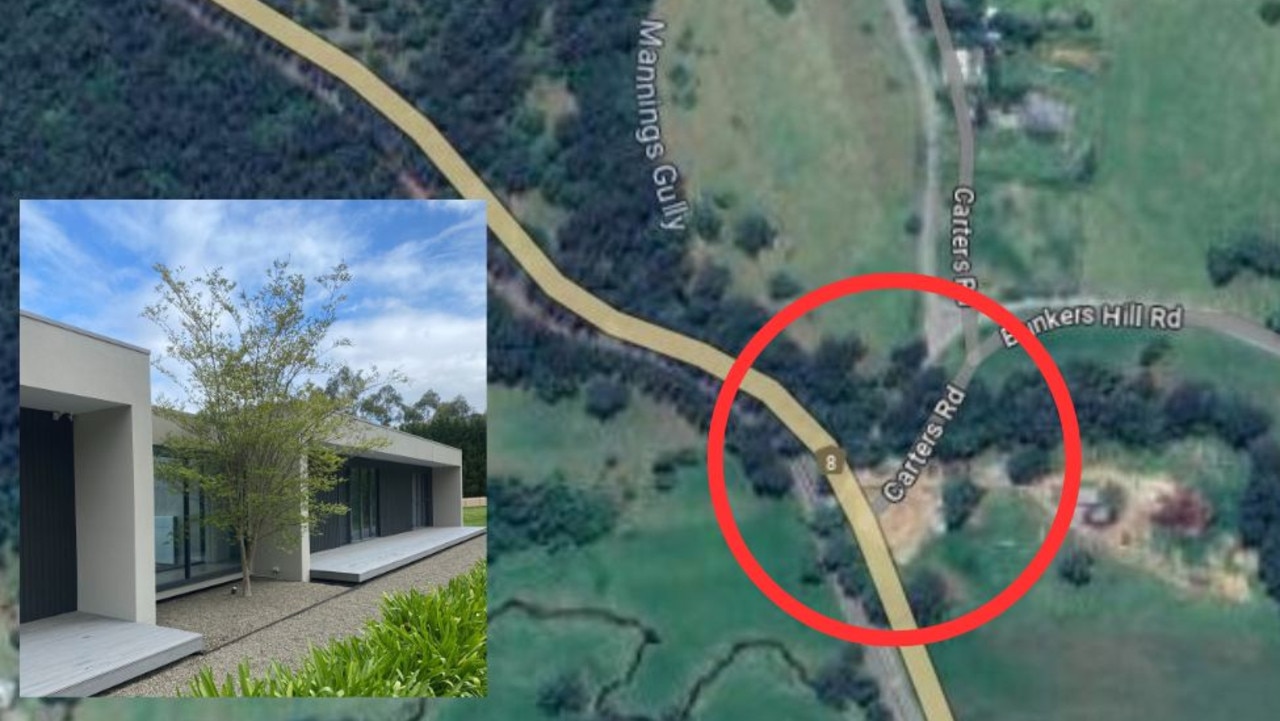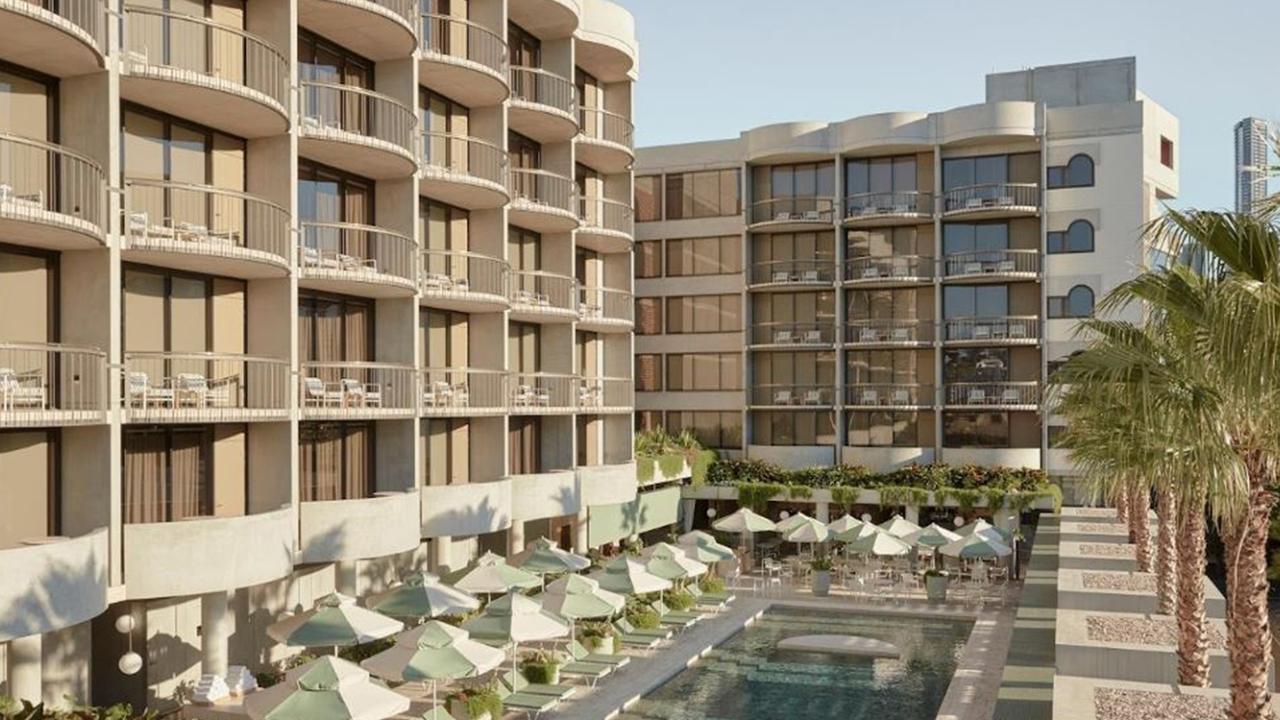How Siri can help find the perfect hotel of the future
IN THE hotels of the future, there will be nothing to gripe about. Everything you could possibly want is just a voice-control command away.
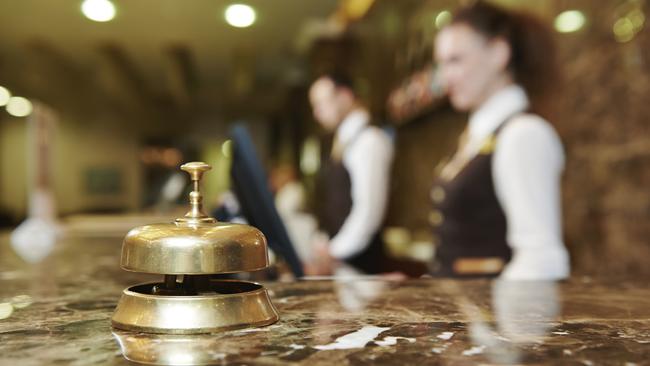
HOTEL chains are watching you.
They’re trying to figure out your preferred decor, your favourite type of pillow, whether you want a big comfy reading chair or smaller slippers. They want to know your tastes and work schedule, and whether you’d prefer a “grab-and-go” breakfast or a traditional buffet.
They’re analysing your habits and storing your data in the cloud.
Welcome to the hotels of the future.
It’s not all about coffin-sized capsules with space-saving communal showers.
Modern lodgings won’t be manned by robots, either, although it’s entirely possible to text through your room service and concierge requested if you want.
You’ll have to get used to intelligent housekeeping, where food trays and towels will have sensors that alert housekeeping when they need to be collected, and you’re also going to get well-acquainted with Siri, if you’re not already.
It’s more like Tinder, helping you find your perfect match in a tech-savvy world.
North American chain Aloft Hotels is racing ahead of the game, in that they’ve just launched voice-activated guest rooms. If you don’t have an iPhone, you can connect to Siri via an in-room iPad, controlling everything from the lights, to the thermostat and sound system. You can even ask her where to find the nearest sushi joint for that perfect late-night snack.
The Australian Business Traveller says the chain is a “trailblazer in turning hotels from rented bedrooms to techie dream worlds”, mainly through its use of gimmicks such as a robot butler and mirrors with built-in touchscreen displays.
At a TEDxSydney innovation lab in June, participants predicted the hotels of 2020 will include services for sophisticated travellers.
They want hotels to help parents pack “digital suitcases” of entertainment to help avoid tantrums, and networking apps that can help guests build meaningful connections with ease, as well as better technology for booking and checking-in and out.
It’s not just about gadgets, though.
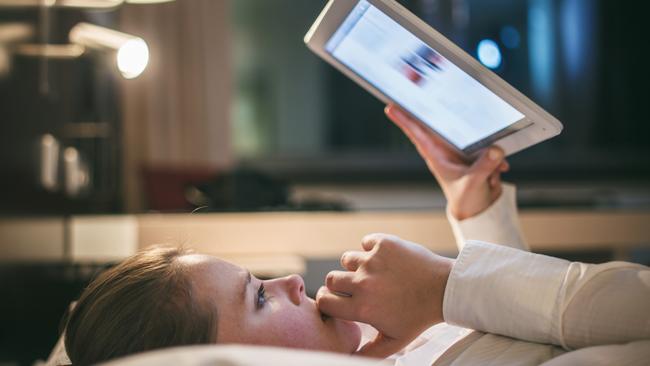
According to Luis Segredo, from the hospitality division at Amadeus IT Group, hotels of the future will focus on technology that streamlines hotel operations.
He says storing guest information in the cloud, as opposed to individual hotels, will help “deliver a seamless experience” for each guest and enhance functionality.
“We’re looking for problems that are urgent and pervasive, that customers will want to see addressed. In dealing with hotels, it’s really focused on their needs, to help the customer’s needs,” he told news.com.au.
Then, the focus will shift to extensive personalisation.
“Number one, it’s buying what you want, paying for what you want and only what you want,” he said. “Be it from the views or the bed-type you have, to the exercise room or the fridge or the decor, you’re going to see that become much more personalised by the individual.”
He says the way hotels engage with customers is really changing, in line with repeated requests for hotels to “know” their guests better, especially in regards to repeat customers who come back weekly or monthly for years on end.
“There’s a lot of knowledge being garnered from the guests from their behaviours online, and understanding how they’re shopping, and all the way to their interactions on the property,” he said. “We need to capture more of it, to understand what their likes and preferences are, so we can guide the customer through their journey.”
Specifically, they’re trying to impress millennials.

People aged 18 to 34 last year spent more on travel than any other age group in history - a whopping $11.3 billion - averaging $3461 per trip, according to Westpac.
That’s not going unnoticed by hotel chains.
They’re courting millennials by providing co-working spaces and meeting rooms that reflect modern work practices, and they’re looking into opportunities for extended stays and more “authentic” experiences, with some incorporating a more “Airbnb-style” approach.
Hotels are also increasingly interested in “doing good”, as millennials are typically more focused on social impact and sustainability than Baby Boomers and Gen X.
The TEDxSydney conference predicted next-level connectivity, social interaction, comfort, and safety, allowing travellers more time to invest as they choose.
And, while mobile check-in kiosks, room-service apps, and even robotic butlers will most definitely be on the cards, technology will not replace human connection.
After all, nothing beats a smile and a warm welcome.


